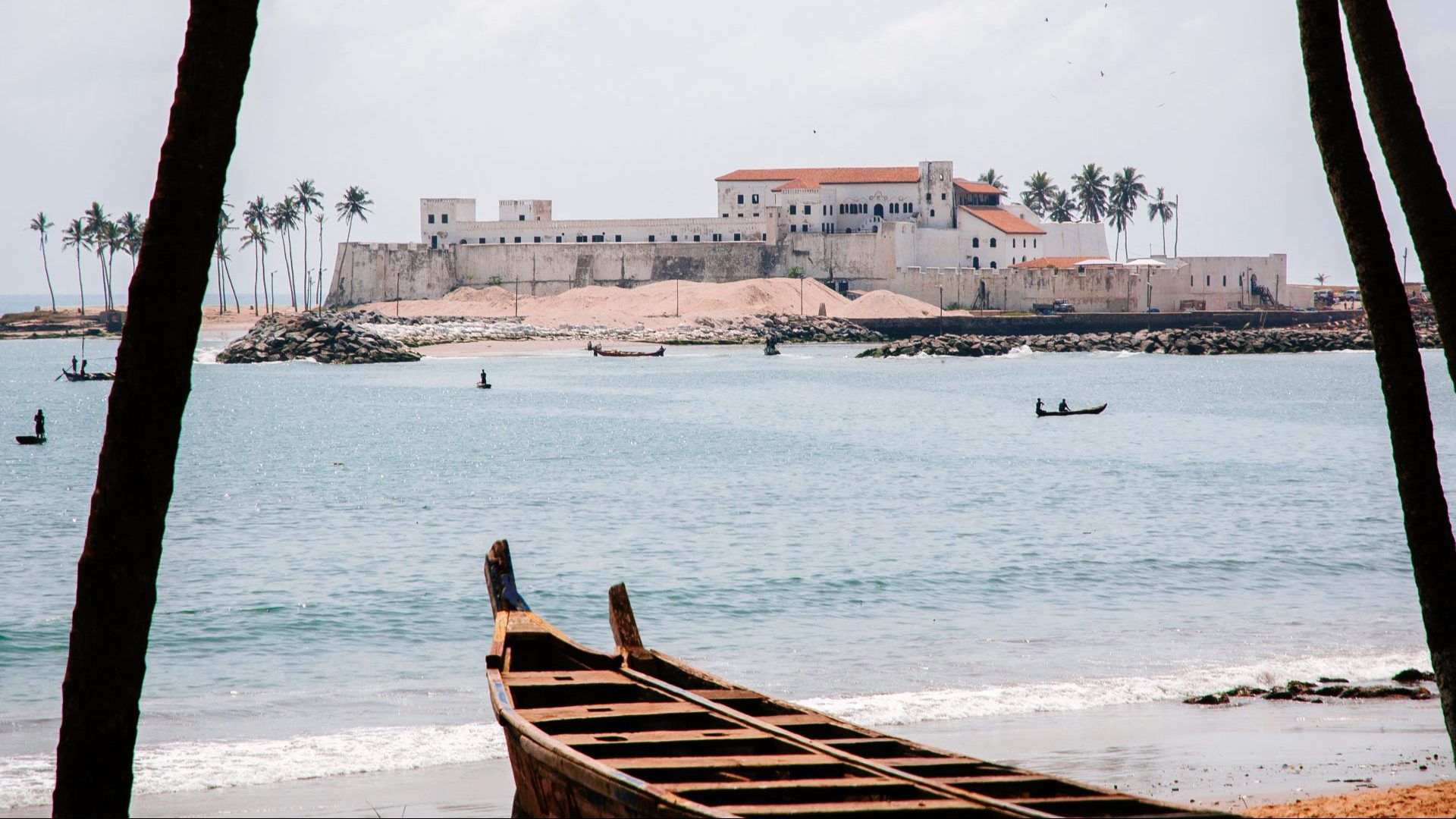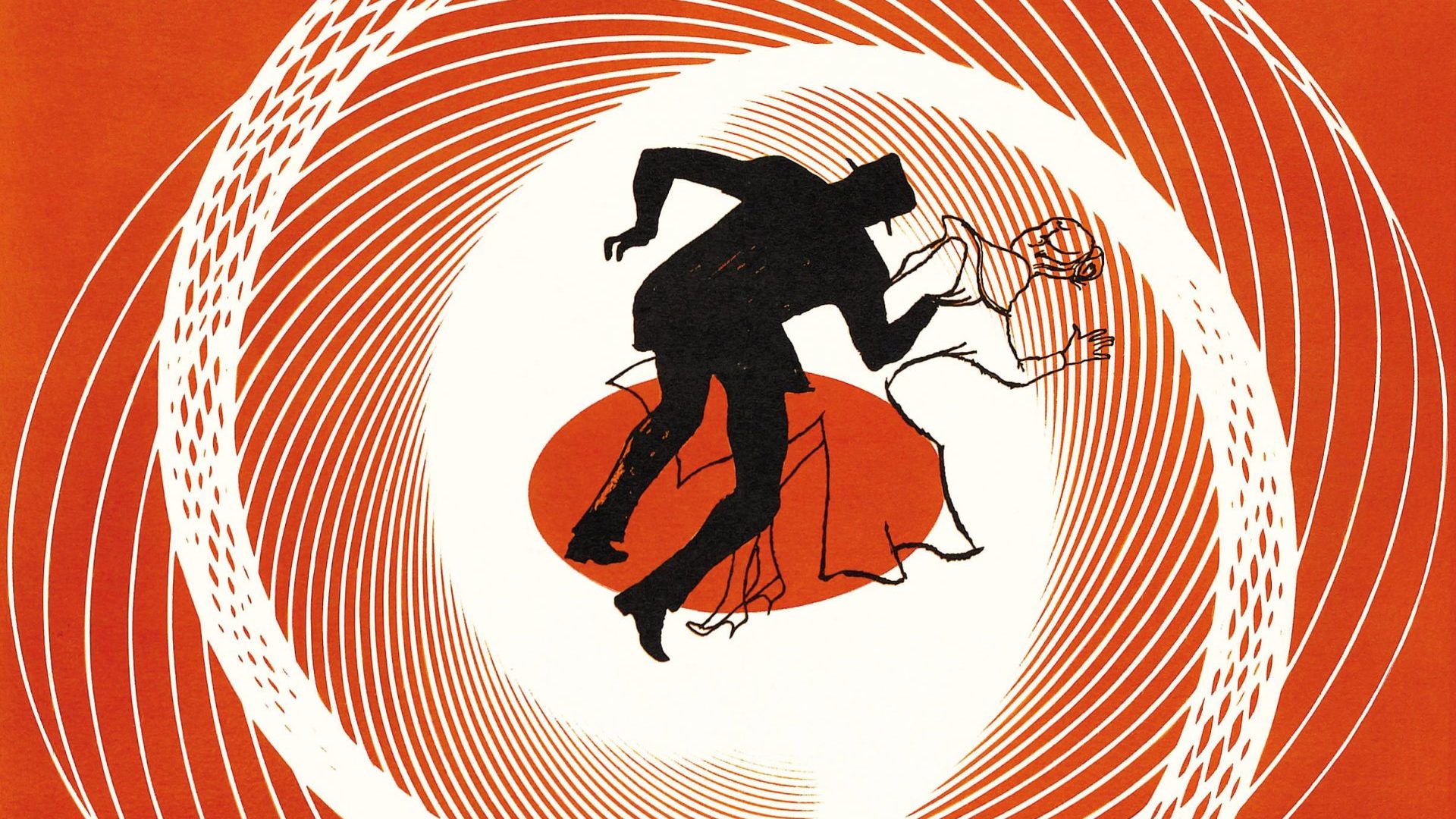The thing about looking up your ancestors on ancestry sites is that you might find them.
Some members of my family discovered that one of our ancestors was a slave owner. An African American ancestor.
I was told by one family member that obviously this guy was a Schindler. That is, he bought and enslaved people of African descent to save them from being enslaved by white people. This man, for many in the family, was an impossible thing to grasp.
Besides contributing to my gene pool, he made me think about complexity and ambiguity and how we humans do not like these two facts of life. How we do not want them.
For some of my family, it is hard to imagine a man of African descent enslaving his own people, condemning them to the most inhuman condition that another human can render a fellow being.
Sometimes, my writer’s mind tries to imagine how he did it. I make up stories as to why he did it. I feel my own denial then, and at the same time try to look at it.
Black History is a rich and complex tapestry. It is beautiful and ugly and cowardly and heroic. Like all of human history.
When I was a little child, people of African descent on TV lived in jungles screaming and hollering, or they lived in America as docile house workers and labourers.
In my teens and twenties they were all kings and queens, noble people somehow trapped in a web not of their own design.
In my thirties and forties, people of African descent were made of myths; speaking talk that contained magic and hidden secrets.
Older, the layers became complex, deeper at that more conventional level of records and proof. These days they are largely kings and queens again.
Now, and I think for the rest of my life, Black History will be about moving off the path well-trodden and to a new space that is not considered “correct”, or “safe”. The space, for example, of my slave-owning ancestor.
Decades ago when I went to Ghana, before its tourism had reached the levels that it is today, I took a ride to Kumasi, the ancient compound of the Ashanti kings.
The British had swept through most of that part of Africa in the mid to late 19th century. They burned and looted and laid waste. My youth had taught me to be enraged about it all. Later, age taught me to stand still and listen and watch and think.
Now I want to go to new ideas. To the untrodden spaces of the mind. To the “incorrect”. My companion on that upcountry trip was a European photographer, a German. I mention his nationality because at Kumasi he was very, very uncomfortable.
Not morally or philosophically, but quite literally. The guy was sweating and his face was red. All from the summer humidity. And in the split-second it took to glance at him, I came to understand that something more complex had happened here. That in some cases it was not just about the British carrying off the Africans.
The great African American novelist and anthropologist, Zora Neale Hurston gave the world, over eighty years ago, her exploration into a side of the slave trade that even then people did not want to face.
Wikipedia describes her book Barracoon, a work ignored in its time, as: “based on her interviews in 1927 with Cudjoe Lewis, the (at the time) last presumed living survivor of the Middle Passage. The book failed to find a publisher, in part because it was written in vernacular, and also in part because it described the involvement of other African people in the business of the Atlantic slave trade.” This is what I intuited at Kumasi. This is what I felt.
It was my overriding emotion at the castle/slave fortress of Elmina down on the Atlantic coast.
I saw the caves and “The Gate Of No Return”. I climbed the steps to the castle’s ramparts. I looked over them at the Atlantic, the rough and black Atlantic and instead of crying, I laughed.
Laughed with joy.
Because somebody or somebodies who made that crossing had decided to stay alive. To live. Including my slave-owning ancestor.
And for what purpose? Surely not to be a part of a crowd. I have been a part of a crowd. Not to chant slogans over and over. I have chanted slogans over and over. But maybe to push out. Maybe to go even further; to stand like my ancestors must have stood; staring into the void of the Atlantic Wall, wondering where they were going. Why were they going there? Built into me is quest. Not sitting still.
Built into me are all those people who endured.
There is the idea of the shore, somewhere and sometime. The sense of staying alive, even in the face of the ones who captured you, and got, in the end, enslaved themselves, slaving on the same plantation.
This happened, too.
We can make the story of the slave trade simple. Or we can make it transcendent. We can have our righteous anger and rage. And we can have our tools, too.
“How I Got Over” is an old African American gospel song about transcendence in the face of the seemingly impossible. How I got over is by always making that trip to Kumasi.




